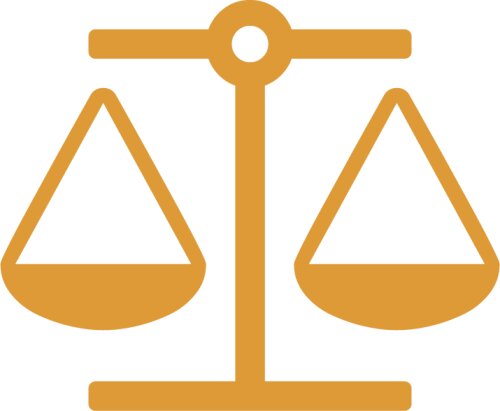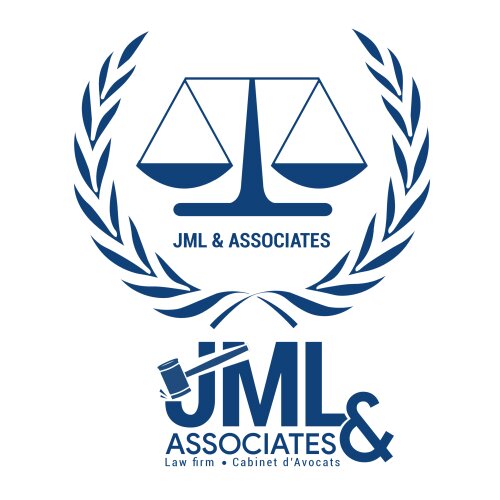Best Child Visitation Lawyers in DR Congo
Share your needs with us, get contacted by law firms.
Free. Takes 2 min.
Free Guide to Hiring a Family Lawyer
Or refine your search by selecting a city:
List of the best lawyers in DR Congo
About Child Visitation Law in DR Congo
Child visitation laws in the Democratic Republic of the Congo (DR Congo) are designed to protect the rights of both parents and children following divorce or separation. These laws ensure that non-custodial parents have the ability to maintain a relationship with their children, taking into consideration the best interests of the child. The legal framework is influenced by both international conventions, such as the Convention on the Rights of the Child, and local regulations. The primary objective is to balance parental responsibilities and children's welfare, offering a structured approach to visitation agreements.
Why You May Need a Lawyer
There are numerous scenarios where obtaining legal advice on child visitation could be crucial. These include disputes over visitation rights, modifying an existing arrangement due to changes in circumstances, or addressing violations of visitation terms by either parent. Additionally, cases involving international relocation or child abduction might necessitate legal intervention. Seeking a lawyer is also advisable when negotiating the terms of visitation, to ensure that agreements are legally binding and in accordance with local laws.
Local Laws Overview
In DR Congo, family law, including child visitation, is primarily governed by the Family Code. Key aspects include considering the child's best interests, ensuring both parents have an ongoing relationship with the child unless circumstances dictate otherwise, and the ability of either parent to apply to the court for modifications to visitation arrangements. Local courts have the authority to intervene and mandate visitation schedules if parents cannot reach an agreement. Additionally, local laws require mediation before court proceedings in some cases to promote amicable resolutions.
Frequently Asked Questions
What is child visitation?
Child visitation refers to the legally agreed-upon schedule that allows the non-custodial parent to spend time with their child. This can be determined through mutual agreement or mandated by a court.
How is the child's best interest determined?
The child's best interest is considered by evaluating factors such as emotional needs, parental stability, and the child's wishes, depending on their age and maturity.
Can visitation rights be modified?
Yes, visitation rights can be modified if there is a significant change in circumstances. It requires approval from the court to ensure changes are in the child's best interest.
What happens if a parent violates visitation terms?
Violations can lead to legal consequences. The aggrieved party may file a motion in court for enforcement or modification of the visitation schedule.
Is mediation required for visitation disputes?
Mediation is often encouraged or required to resolve visitation disputes amicably before resorting to court interventions.
Can grandparents or other relatives request visitation rights?
While primary consideration is given to parents, grandparents or other relatives may be granted visitation rights if deemed beneficial for the child.
How does relocation affect visitation?
Relocation by the custodial parent can significantly affect visitation rights. Courts usually assess whether the move serves the child's best interests before approving any modification to visitation arrangements.
Is it possible to have supervised visitation?
Yes, in cases where there are concerns about the child's safety, a court may order supervised visitation to ensure the child's protection during visits.
How is international child abduction handled in relation to visitation?
International child abduction is addressed through international treaties such as The Hague Convention, which aims to ensure the swift return of abducted children and address legal custody and visitation rights.
Who pays for travel expenses related to visitation?
Travel expenses may be negotiated as part of the visitation agreement, or the courts may decide responsibility based on the circumstances of both parents.
Additional Resources
For additional assistance and information on child visitation, consider contacting the following organizations in DR Congo:
- The Ministry of Justice
- Help Age DRC
- Women's Legal Assistance Centers
- The National Agency for Children and Family
Next Steps
If you require legal assistance with child visitation, it is advisable to consult a lawyer specializing in family law within DR Congo. Start by gathering any relevant documents, such as existing visitation agreements or court orders, and then schedule a consultation to discuss your situation and options. Additionally, consider reaching out to mediation services to explore amicable resolutions before pursuing court involvement. Taking these steps will help ensure that your rights and the best interests of your child are upheld throughout the legal process.
Lawzana helps you find the best lawyers and law firms in DR Congo through a curated and pre-screened list of qualified legal professionals. Our platform offers rankings and detailed profiles of attorneys and law firms, allowing you to compare based on practice areas, including Child Visitation, experience, and client feedback.
Each profile includes a description of the firm's areas of practice, client reviews, team members and partners, year of establishment, spoken languages, office locations, contact information, social media presence, and any published articles or resources. Most firms on our platform speak English and are experienced in both local and international legal matters.
Get a quote from top-rated law firms in DR Congo — quickly, securely, and without unnecessary hassle.
Disclaimer:
The information provided on this page is for general informational purposes only and does not constitute legal advice. While we strive to ensure the accuracy and relevance of the content, legal information may change over time, and interpretations of the law can vary. You should always consult with a qualified legal professional for advice specific to your situation.
We disclaim all liability for actions taken or not taken based on the content of this page. If you believe any information is incorrect or outdated, please contact us, and we will review and update it where appropriate.
Browse child visitation law firms by city in DR Congo
Refine your search by selecting a city.
















